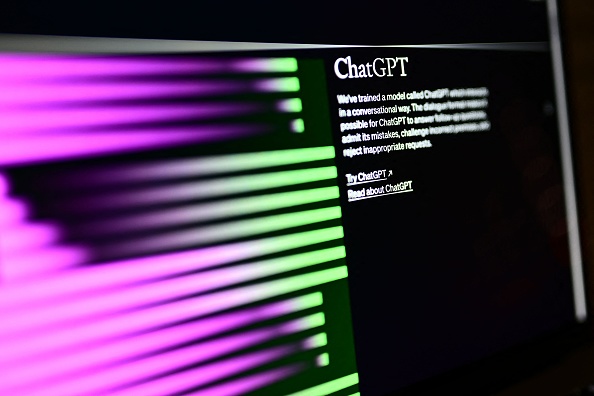Generative artificial intelligence has the potential to reshape the digital economy and alter the online experience for millions of consumers. Systems that rely on large language models have already ushered in rapid changes to the news media landscape, and many journalists today are using these tools. But as these technologies become more prevalent, we must develop appropriate guardrails that protect the intellectual property rights of media publishers.
Every day, publishers in print and digital media invest in the creation of high-quality content that is informative, trustworthy and engaging. The news media industry’s contribution to society is considerable. Newsrooms and magazines directly employ over 100,000 people and support hundreds of thousands of jobs. The hard work of these individuals has created a media landscape that provides hundreds of millions of people with quality print journalism, with billions more reading trusted information online. This results in the immeasurable value of an engaged and factually informed citizenry that strengthens our democracy.
But unfortunately, the promise of generative AI left unchecked also poses an existential threat to journalists and publishers. The Big Tech-owned AI firms are currently using publisher-owned content to build and train their generative AI systems. This is an indisputable fact. In a lawsuit filed at the end of last year, “The New York Times” alleged that OpenAI and Microsoft’s large language model illegally infringed on copyrighted material.
Tech companies worth billions of dollars shouldn’t be given carte blanche to steal original content built from billions of dollars of news-industry investments. Absent a mutually agreed-upon framework that adequately compensates journalists and publishers for their work, this conduct amounts to theft, and the consequences for the future of journalism, to trusted content and to a free press are dire.
Generative AI and the news industry have a mutual interest in ensuring quality, trusted content is feeding generative AI systems, inherently making their output better. We are working to build a future where the companies behind generative AI development are at the table with partners in the publishing industry to determine a way forward that makes sense for all involved. Our members are the most trusted publishers in digital and print media, from small, local outlets to national and international publications.
Related Articles
Report: Hiring managers favor applicants with AI skills
Magid: Fears of Generative AI reminiscent of past moral panics
Elon Musk demands another huge payday from Tesla
Mammography AI can cost patients extra. Is it worth it?
The tech sector is pouring billions of dollars into AI. But it keeps laying off humans
Fortunately, there is hope for a viable solution. Last month, it was announced that Axel Springer, the publisher of Politico and Business Insider in the U.S., reached a licensing agreement with OpenAI, the developer of ChatGPT. This business arrangement is a good start and sets the stage for a critical conversation between two industries that can work together to build a future that benefits all stakeholders.
Moreover, collective licensing is an efficient model that already exists in other industries. A collective licensing agreement protects the rights of journalists and publishers while meeting the needs of those who want to build products that decrease liability risks. Importantly, the Axel Springer/OpenAI deal sets a benchmark for payment and a precedent that there is value to published work.
Collaborative dialogue based on respect for the hard work of journalists is imperative to reaching such an agreement. Litigation between publishers and tech companies may provide useful clarity on the responsibilities of large language model creators regarding copyright law and intellectual property rights, but courtroom proceedings are no substitute for thoughtful and proactive efforts to reconcile the interests and concerns of stakeholders across the tech and news media industries.
By ensuring fair compensation through a common framework for collective licensing, we can safeguard the future of journalism and its vital role in our democracy while encouraging technological advancement.
Danielle Coffey is president and CEO of the News/Media Alliance.


